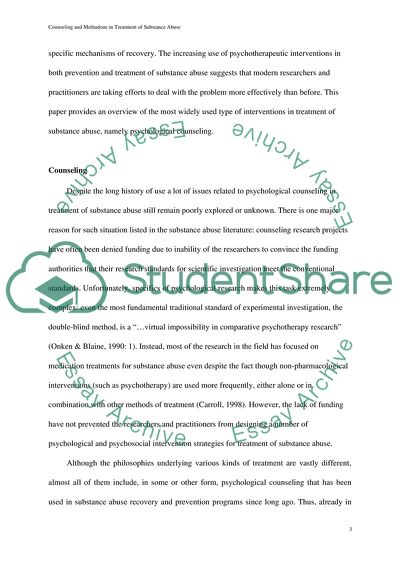Cite this document
(Counseling and Methadone in Treatment of Substance Abuse Term Paper, n.d.)
Counseling and Methadone in Treatment of Substance Abuse Term Paper. https://studentshare.org/psychology/1714718-substance-abuse-counseling-and-methadone-maintenance-programs
Counseling and Methadone in Treatment of Substance Abuse Term Paper. https://studentshare.org/psychology/1714718-substance-abuse-counseling-and-methadone-maintenance-programs
(Counseling and Methadone in Treatment of Substance Abuse Term Paper)
Counseling and Methadone in Treatment of Substance Abuse Term Paper. https://studentshare.org/psychology/1714718-substance-abuse-counseling-and-methadone-maintenance-programs.
Counseling and Methadone in Treatment of Substance Abuse Term Paper. https://studentshare.org/psychology/1714718-substance-abuse-counseling-and-methadone-maintenance-programs.
“Counseling and Methadone in Treatment of Substance Abuse Term Paper”. https://studentshare.org/psychology/1714718-substance-abuse-counseling-and-methadone-maintenance-programs.


